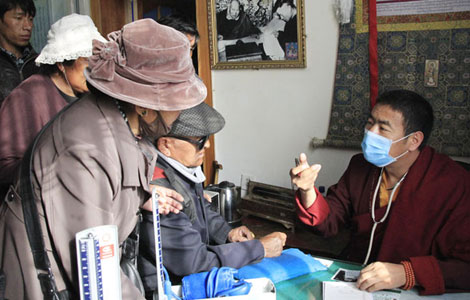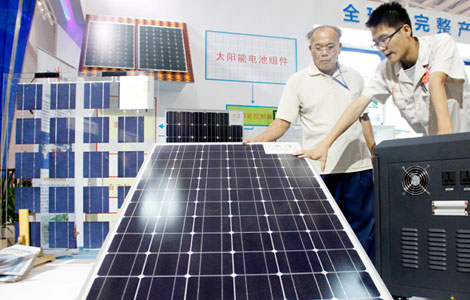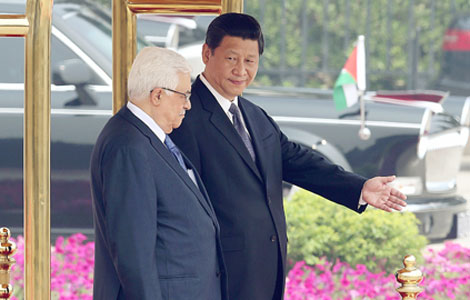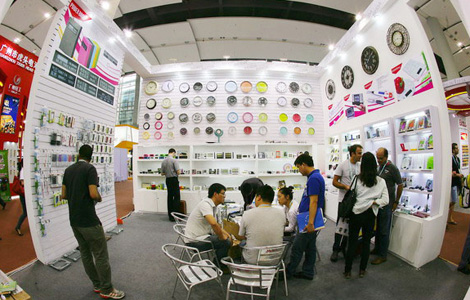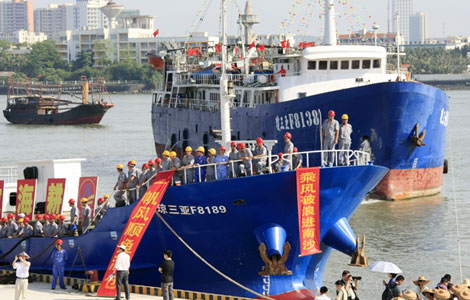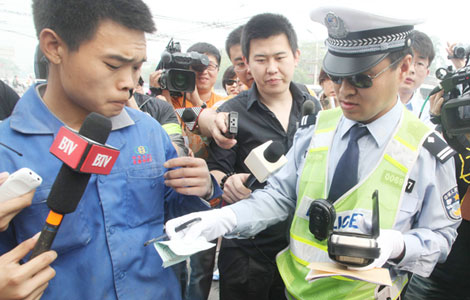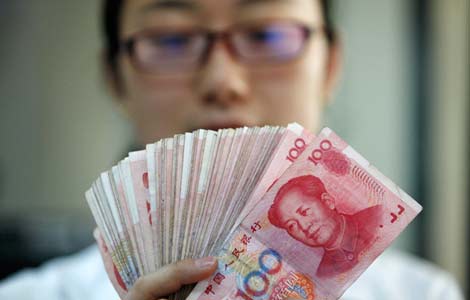Trips show US eagerness to engage China's new leaders
Updated: 2013-03-18 10:55
By Zhang Yuwei (China Daily)
|
||||||||
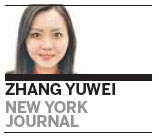
Following last week's annual session of the National People's Congress, at which new Chinese leaders were elected, the United States announced a series of visits to China by senior officials eager to acquaint themselves with the incoming leadership.
US Treasury Secretary Jacob Lew is expected to arrive in Beijing on Tuesday to meet with top officials, including those tasked with economic oversight, as well as Chinese and American businesspeople.
The two-day trip is Lew's first abroad since he was confirmed as secretary in February. The cabinet official, who came to the post after serving as US President Barack Obama's chief of staff, is seen as lacking the international experience of predecessor Timothy Geithner.
"Issues supervised by Treasury are not now at the forefront of US-China relations, far from it," said Douglas Paal, vice-president for studies at the Carnegie Endowment for International Peace in Washington. He called the timing of the visit "puzzling".
Ann Lee, an economics professor at New York University and author of What the US Can Learn from China, said the trip is "certainly a way to court the new Chinese leadership".
"The timing is an acknowledgement and perhaps an offer of support," she said.
Lew indeed faces a test on his China visit. Among issues he will discuss with Chinese leaders are trade imbalances, exchange rates involving the yuan currency and cyber security, which Obama described as a "shared challenge" in a congratulatory phone call last week to China's new president, Xi Jinping.
"Lew should tell China what China wants to hear," Lee said. "If he pushes the American agenda, China may resist. It would be wise if he doesn't pressure China on the currency issue since China plans to reform its currency policy anyway."
China, the single largest foreign holder of US Treasury bonds, boosted its holdings of US government long-term debt securities by $44.1 billion to nearly $1.3 trillion in January, according to the Treasury International Capital report issued on Friday.
The yuan has appreciated 16 percent in inflation-adjusted terms against the dollar since June 2010.
During a call with reporters, a senior Obama administration official said on condition of anonymity that Lew's visit comes at "an important moment" for US-China relations, which Washington considers "a key pillar" of its strategy in Asia.
"The policy reforms that the new [Chinese] government makes will matter greatly for China and the global economy and, of course, for our economy," the official said. "It's important to deepen our relationship with China's new leadership team at this time."
In Beijing, Lew will discuss the session of the US-China Strategic and Economic Dialogue that he and Secretary of State John Kerry will host in Washington in summer.
The State Department said last week that Kerry will visit China during his Asia visit after meeting with foreign ministers of the Group of Eight industrialized countries on April 10 and 11 in London. It will be Kerry's first trip to the region since taking over as America's top diplomat last month.
Paal said Kerry's China visit suggests that "the White House recognizes that economics are not the only issue, when the Korean peninsula, East China Sea and other areas such as cyberspace are growing hotter".
On Friday, the Treasury Department announced a visit to Beijing this week by David Cohen, undersecretary for terrorism and financial intelligence. Cohen, who will stop in Japan and the Republic of Korea during his Monday-Friday trip, plans to discuss implementation of United Nations sanctions against continued nuclear-weapon and missile proliferation activities of both Iran and the Democratic People's Republic of Korea.
While these timely visits suggest the importance the US attaches to China, they should be used to deepen trust, some experts say.
"While I believe that the immediate outlook for US-China relations is good - we might even term it a 'honeymoon period' - there are some potential storm clouds ahead, some related to US domestic politics," said Jon Taylor, a political-science professor at the University of St Thomas in Houston.
Contact the writer at yuweizhang@chinadailyusa.com
Most Viewed
Editor's Picks

|
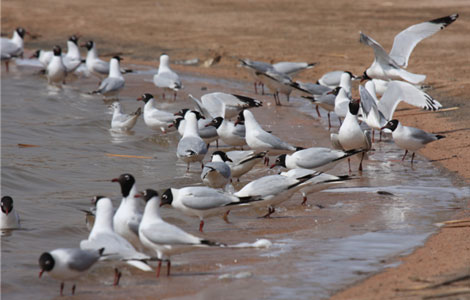
|
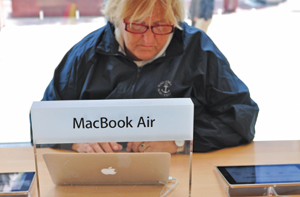
|
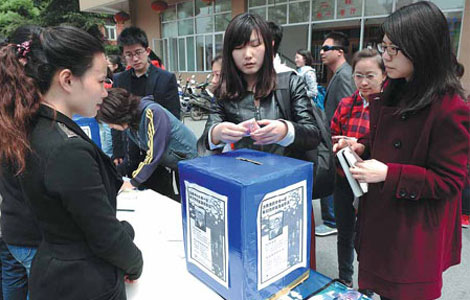
|

|

|
Today's Top News
US urged not to take sides over Diaoyu Islands
Detention of petitioners denounced
Lawyers get an advocate
Pentagon accusation on China's military rejected
Foster homes for homeless children
Public hearing to discuss taxi fare increase
21 Party officials, SOE managers disciplined
Clarity on tax evasion needed, lawmakers told
US Weekly

|

|
